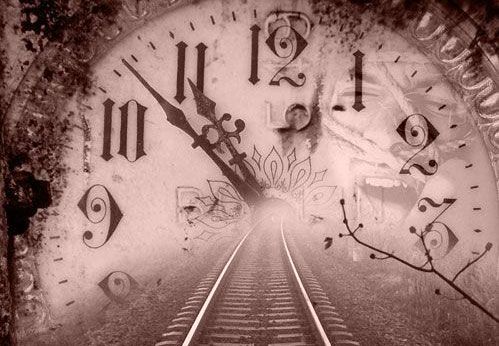
Chronesthesia, or mental time travel, is a mental ability first hypothesized by Endel Tulving in the 1980s. This refers to the ability to be aware of one’s past or future. While many may describe it as uniquely human, others now argue that this ability can transcend to include non-human animals as well as birds. The mechanisms of mental time travel are not yet fully understood since there is a level of obscurity and complexity when trying to measure if or when someone underwent mental time travel or not. However, studies have been conducted to map out areas of the brain that may be responsible for mental time travel.
Chronesthesia is defined as a hypothetical ability that allows humans to be constantly aware of the past and the future.[1] Endel Tulving, one of the pioneers in this field, explained that humans adapted chronesthesia as a way to advance their survival. Some people may go further as to say that it is a crucial ability for humans.[2] There seems to be some confusion about the definitions of episodic memory, memory for the future, and mental time travel. Episodic memory involves projecting oneself back in time and recollecting many aspects of previous experiences.[3] Mental time travel is more robust when planning for the future than for re-experiencing past events. This makes sense since it is the present and the future, rather than the representation of the past, that matter; therefore, mental time travel involves both past and future thinking. On the other hand, episodic memory only deals with mentally traveling to the past.
With regards to memory for the future, this is actually a subcategory of mental time travel.

BYPASS THE CENSORS
Sign up to get unfiltered news delivered straight to your inbox.
You can unsubscribe any time. By subscribing you agree to our Terms of Use

